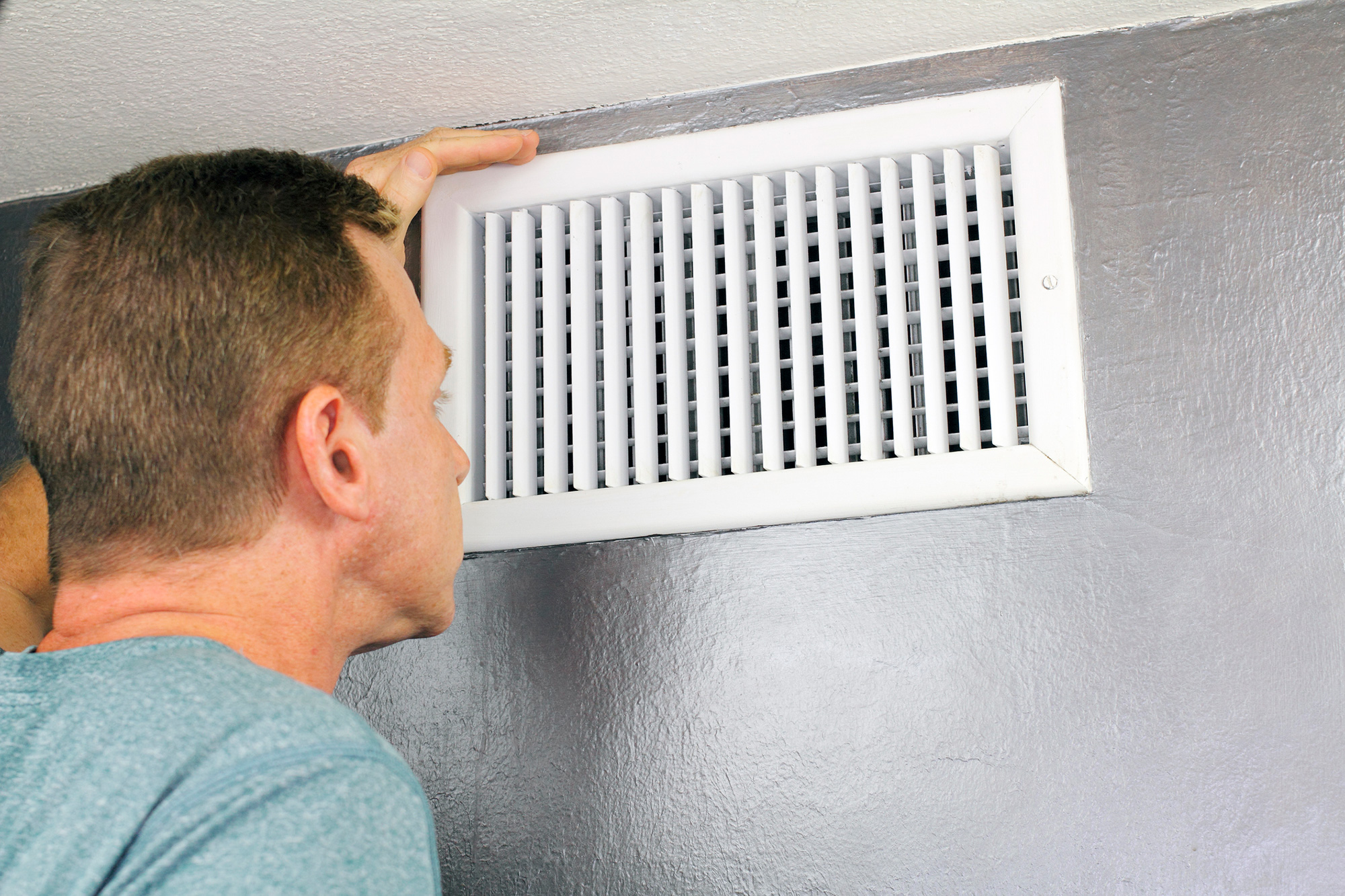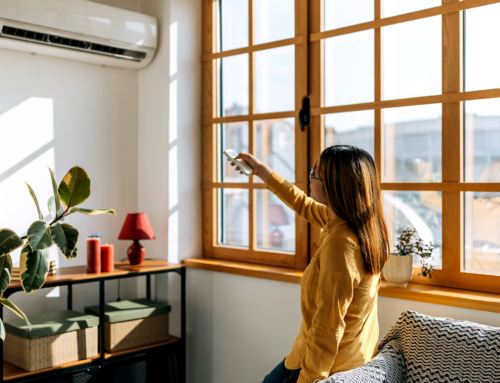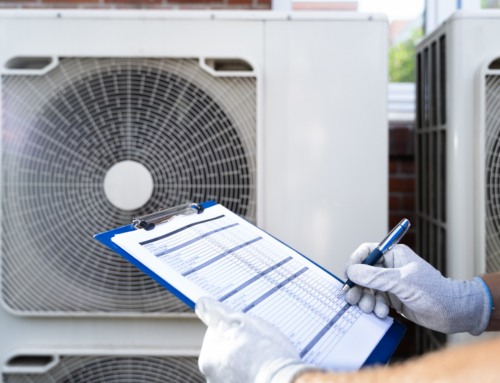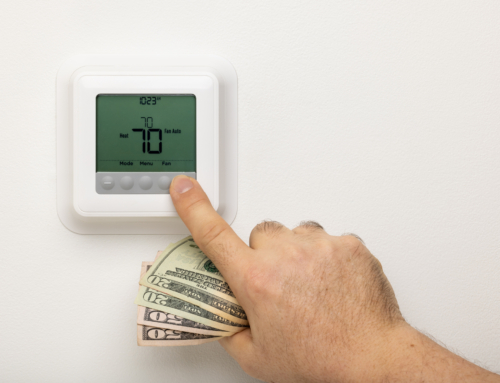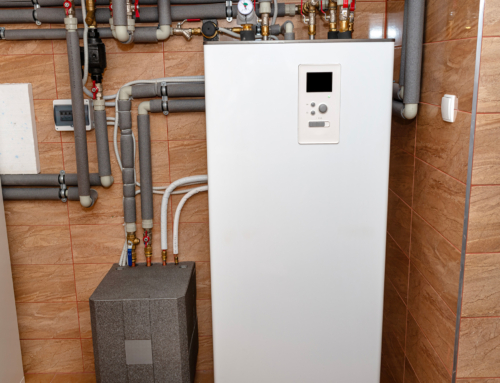When your HVAC system doesn’t function properly, it can quickly make your home uncomfortable, especially in extreme temperatures. While some issues require a professional technician, many common HVAC problems can be diagnosed and even resolved with a few DIY steps.
Here’s a helpful guide to identifying frequent HVAC issues and knowing when it’s time to call in the experts. Remember to always prioritize safety; if you’re uncertain about a procedure or the problem persists, contact one of our area HVAC experts.
When Your HVAC System Fails to Start
One of the most alarming problems homeowners face is a system that won’t turn on at all. Often, the culprit is as simple as incorrect thermostat settings or dead batteries. Another common cause is a tripped circuit breaker or a blown fuse that interrupts power to the unit.
Try This:
Make sure your thermostat is set to either heating or cooling mode and at the correct temperature. If it uses batteries, replace them. Then, check your home’s electrical panel for any tripped breakers or blown fuses and reset or replace them if needed.
Poor Heating or Cooling Performance
If your system is running but your home still feels too hot or too cold, restricted airflow could be to blame. Dirty air filters and blocked vents are frequent offenders that reduce efficiency and comfort.
Try This:
Inspect your air filters and replace them if they’re dirty—ideally every one to three months. Also, check that all vents and registers are open and not blocked by furniture, curtains, or other items.
Strange Noises Coming from the HVAC Unit
Unusual rattling, banging, or humming sounds can be signs of loose internal components or debris stuck in the system. While some noise is normal, anything new or unusually loud warrants attention.
Try This:
Turn off the system and inspect for loose screws or panels, tightening anything visibly out of place. For outdoor units, remove any leaves, twigs, or debris that may be obstructing the fan or vents.
Water Leaks Around the Unit
Water pooling around your HVAC system often points to a clogged condensate drain line or dirty evaporator coils. Both issues can lead to excess moisture and eventual leakage.
Try This:
Use a wet/dry vacuum to clear the condensate drain line if you suspect a blockage. You can also gently brush off any dirt from accessible evaporator coils to prevent moisture buildup.
The System Keeps Turning On and Off (Short Cycling)
Short cycling—when your HVAC system turns on and off frequently—may be caused by an oversized unit or poor thermostat placement. If your thermostat is in direct sunlight or near heat sources, it can give inaccurate readings and confuse your system.
Try This:
Ensure your thermostat is away from windows, kitchens, or electronics that emit heat. If the issue persists, a professional can evaluate whether your system is properly sized for your home.
Weak Airflow from Vents
When airflow feels weak, leaky ductwork or an aging blower motor may be to blame. Over time, duct joints can separate or become damaged, and blower motors can lose power.
Try This:
Check accessible ductwork for gaps, damage, or disconnections and seal them with HVAC-approved tape. If you hear strange noises from the blower motor or suspect it is malfunctioning, it is best to contact a technician.
Odd Smells from the HVAC System
Musty, burning, or unpleasant odors coming from vents often indicate mold growth or accumulated debris. This is not only a comfort issue but also a potential health concern.
Try This:
Swap out your air filters regularly to prevent mold and dust buildup. Adding drops of your favorite essential oils onto clean filters can help make your home smell fresh. If odors persist, a professional may need to check your ductwork for hidden contaminants and restore air quality. In most cases, duct cleaning is not recommended. For more information: https://a-1guaranteed.com/?s=why+we+don%27t+recommend+duct+cleaning
When to Call a Professional
DIY fixes can go a long way, but the certified professionals at A-1 Guaranteed Heating & Air, Inc. should always handle some HVAC problems:
- Persistent issues that don’t respond to troubleshooting
- Refrigerant leaks, which require specialized equipment and certification
- Electrical problems involving wiring or circuit boards
- Complicated ductwork that needs replacing
Regular professional maintenance can also help prevent many of these problems in the first place, improving system performance and extending equipment life.
By understanding the most common HVAC issues and how to address them, you can maintain a more comfortable and energy-efficient home. But remember—when in doubt, safety comes first. Don’t hesitate to reach out to A-1 Heating & Air, Inc. for expert assistance from a licensed HVAC technician.

